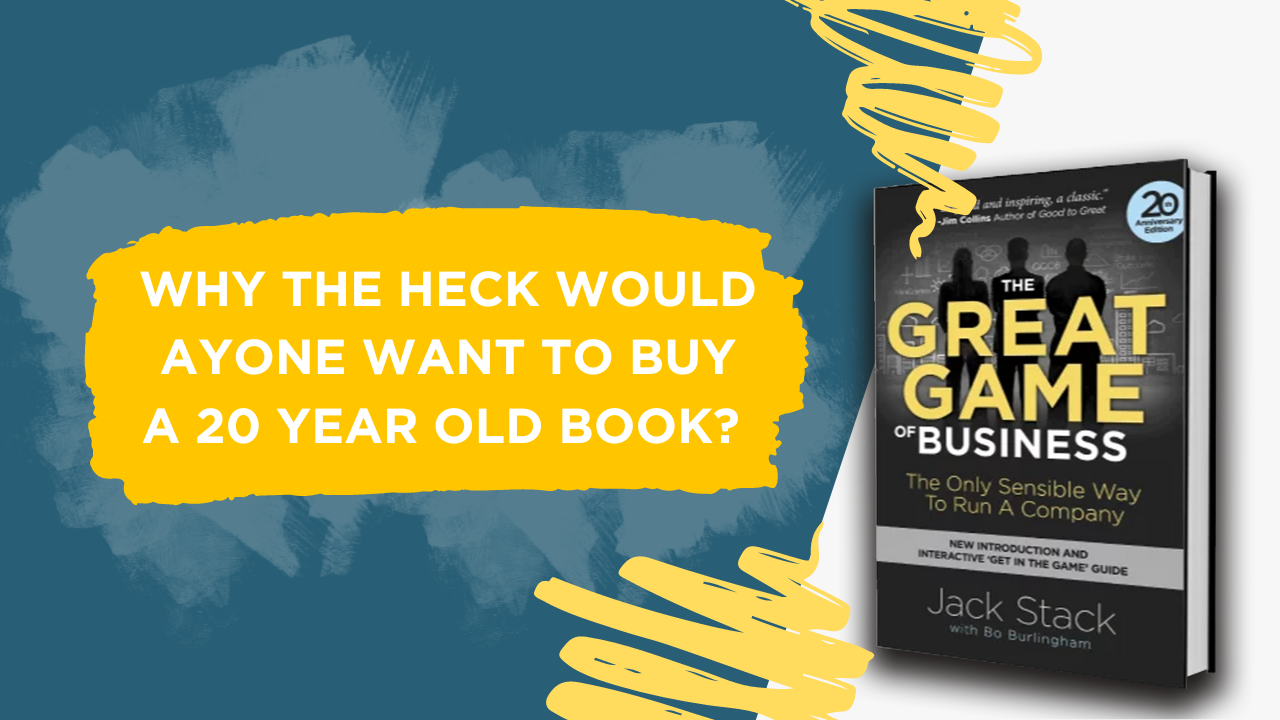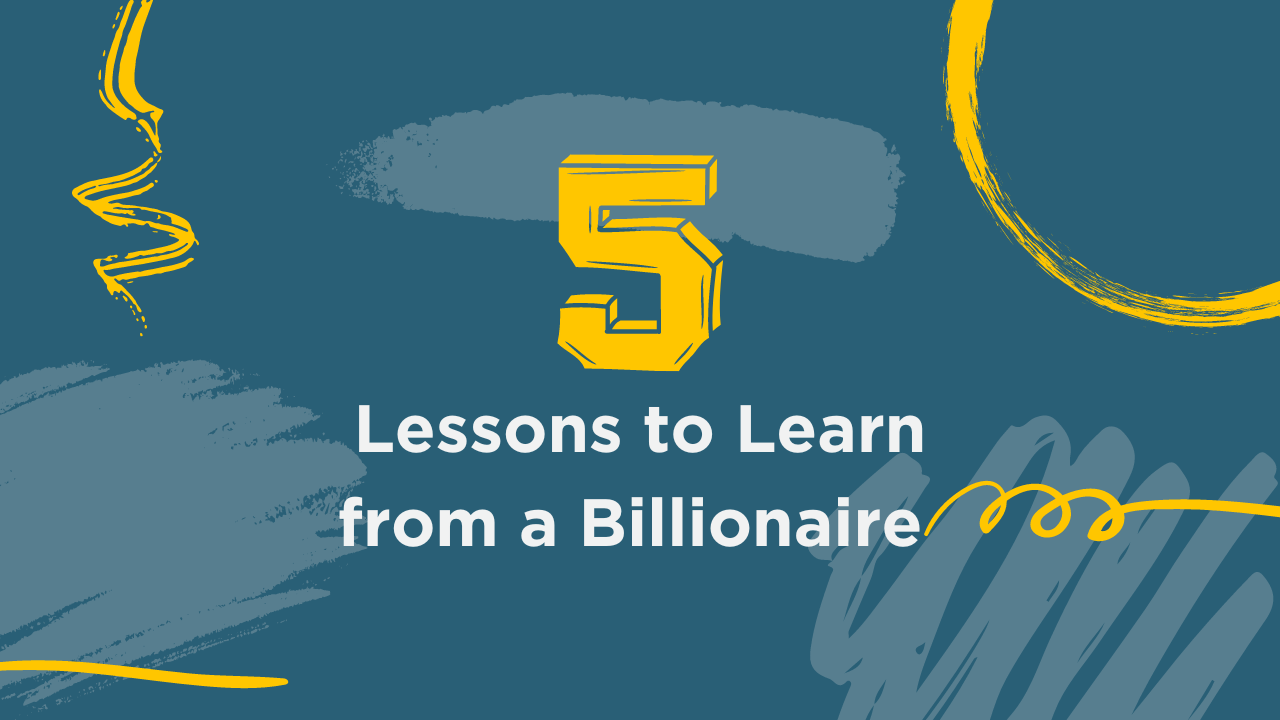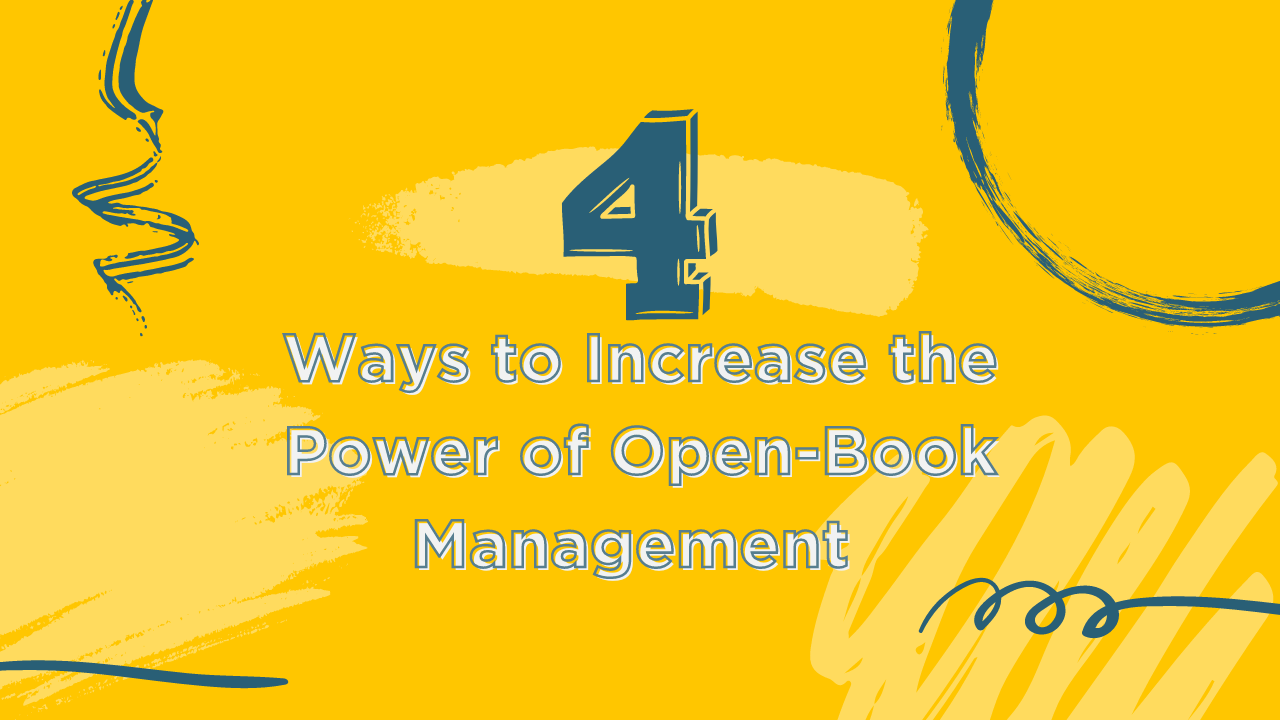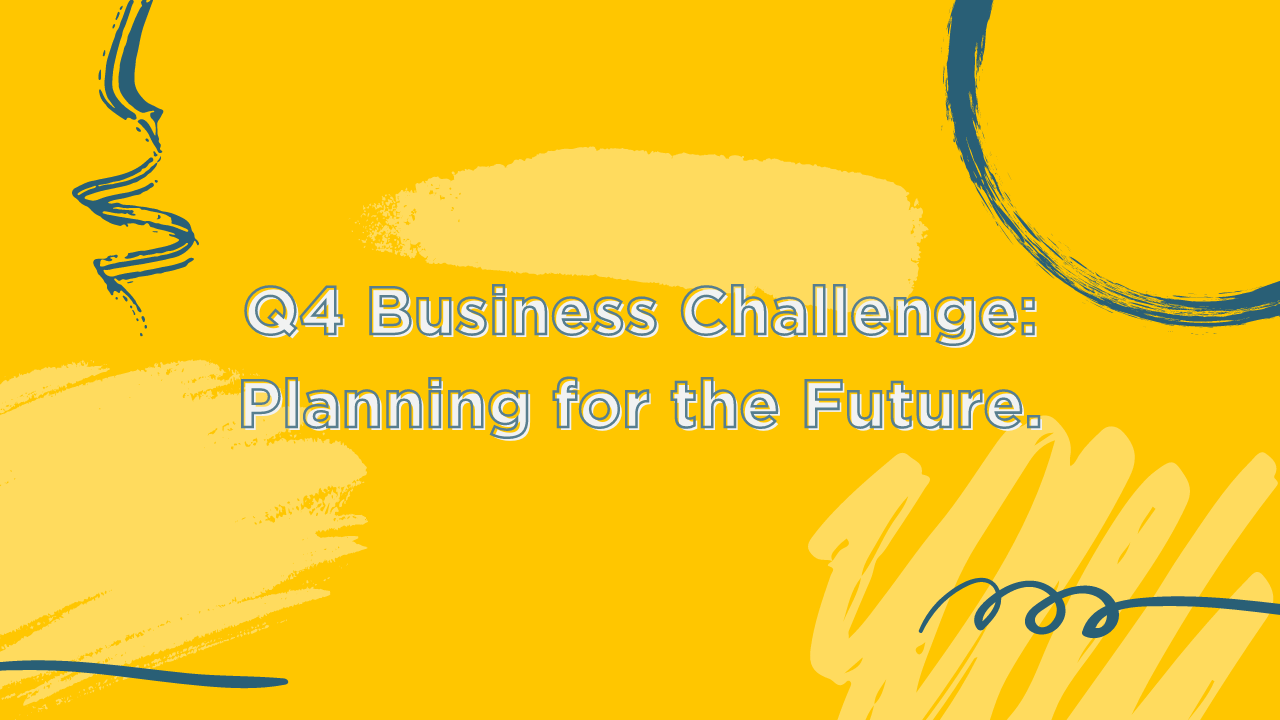“Why the heck would anyone want to buy a 20 year old book?” That was Jack Stack’s question to me. I didn’t know if he was going to punch me or throw up. Jack Stack is not a guy who likes to toot his own horn, and here I was asking him to re-issue a book he wrote two decades ago.
Read More
A recent New York Times article featured a Q&A with David Rock, the director of NeuroLeadership Institute. In the article, Rock explains his analysis of employees’ motivations and behaviors with the acronym “SCARF” (status, certainty, autonomy, relatedness and fairness). In explaining each of the SCARF spheres, Rock summarizes how the presence of management can serve as an ongoing threat or reward for employees:
Read More
Seth Godin recently wrote a post entitled ‘Studying entrepreneurship without doing it is like studying music without listening to it.’ In it, Godin points out that until you’re actually in the thick of things, you really have no idea of what it’s like to be an entrepreneur. Recently I’ve had the privilege of working closely with Great Game Practitioner, Hilcorp Energy. One of the things I really like about Hilcorp is that they walk the walk. They don’t just talk about making something happen, they make it happen.
Read More
For years, we have battled with explaining to others how the concept of open-book management and The Great Game of Business are not one in the same. To sum it up quickly, The Great Game of Business is an operating system in which open-book management plays a critical role. GGOB companies practice a methodology that includes open-book practices; the difference is that GGOB companies employ three specific practices:
Read More
If you’re an entrepreneur, business owner or manager, you know that “transparency” is one of the big buzzwords in business right now. Most businesspeople get a little squeamish at the mention of such a bold word. There are a few pretty terrifying myths about what might happen if you become transparent with company information. Here are a few of the best myths along with reasons why you should stop believing them:
Read More
"The trust of the innocent is the liar's most useful tool." - Stephen King We all have people we trust. And they trust us in return. In some cases, that trust has been earned via confidences kept and commitments achieved. In others, it's possible that the mutual trust is there because ... well, just because. Among my friends are two entrepreneurs who have been harmed by being too trusting, and perhaps too eager to offer others the opportunity to benefit from their businesses.
Read More
In a previous column titled Great Expectations, I urged business owners to have realistic expectations for their employees. Now let's build on that message: Define your expectations. In my role as a business coach, most of the issues I hear about are related to employees. And more often than not, a lack of clear expectations is at the root of the problem. We usually let our people know how to do a job. "Open the software. Click the blue icon. Use the menu to find the customer ..."
Read More
At The Great Game of Business, Inc. people often ask us if it is possible for Open-Book Management to work in a government organization. While it might seem difficult to share financial or operational information in a government organization, it is possible and very practical. Recently, Greene County (located in Missouri, where SRC Holdings & The Great Game of Business, Inc reside), made the bold move to begin educating employees on the County financials to overcome some significant barriers.
Read More
If you're a business owner, I strongly urge you to budget for a reasonable profit target as a percent of sales, and then make your expenses fit in. The idea is to put profit front and center as a necessary outcome ... to make it happen on purpose, rather than let it happen by accident. Now, let's build on that idea. First, what is a reasonable target for profit before tax? It varies by industry but I suggest that most of us should be able to shoot for 10% of sales, pretax.
Read More
Every business leader / owner I know has too much to do. That is particularly the case in the fourth quarter of each year. The challenges include, but are not limited to: The ongoing need for solid short-term improvements to finish the year strong. Get an inclusive business planning process in place for next year. Tax planning to minimize taxes for the current year. Take care of personal / family commitments that tend to expand during the holidays. The fundamental challenge is between the short term commitments and the long term priorities, or as Stephen Covey put it, sharpening the saw versus sawing. If you are sharpening the saw, you are not sawing, so the short-term production suffers. But if you don’t sharpen the saw, longer-term production suffers. Neither choice is very attractive.
Read More

.png)














.png)




-5.png)

